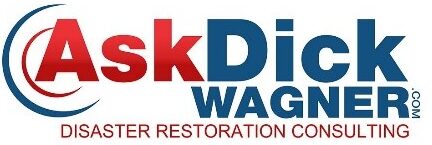Why pricing is so important to the perception of value! In the land of commerce, pricing strategy is a…
Planning the route and being efficient can be hilarious Salespeople and route marketers, we know your pain. It’s a…
Some simple strategies for success that most marketers don’t know. Route marketing and sales are undoubtedly both challenging fields, and…
It will nurture and help you get more opportunities and create growth. In the disaster restoration industry, (and for that…
A route marketer needs this more than ever because the clients are demanding it. In the wild and sometimes stressful…
In the digital age, podcasts have gained immense popularity, providing a platform for individuals to share their thoughts, experiences, and…
Hiring a route marketing coach could bring numerous benefits to the disaster restoration contractor. Client attitudes and an ever-evolving business…
Blogging can be a valuable tool for businesses, providing numerous benefits. Here are 20 reasons why you should consider blogging…
The power of relationships will be the single biggest factor in getting referrals from your clients. In the competitive landscape…
Finding and targeting the right prospects is crucial for the best success. Whether you are offering restoration services after a…
